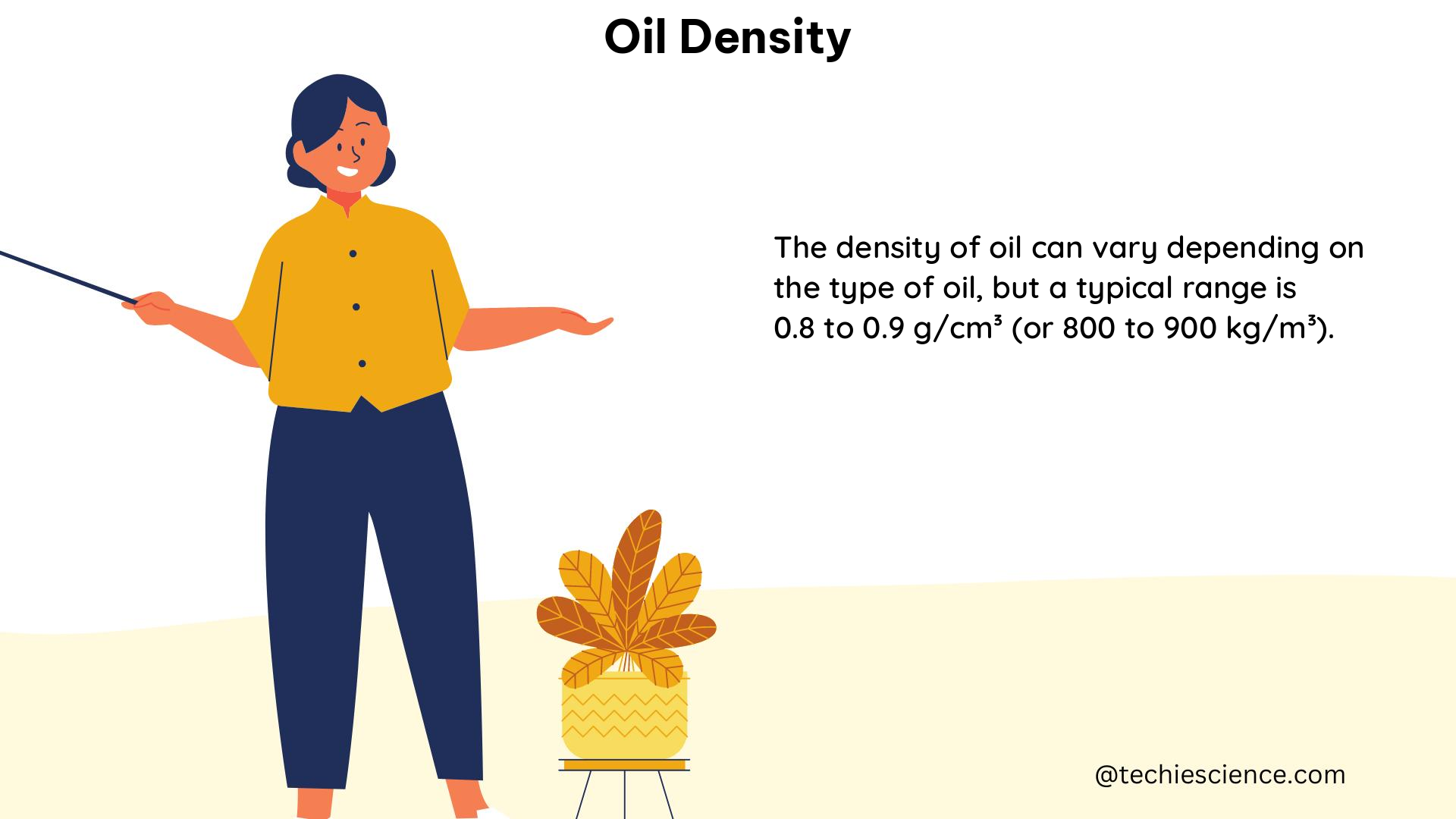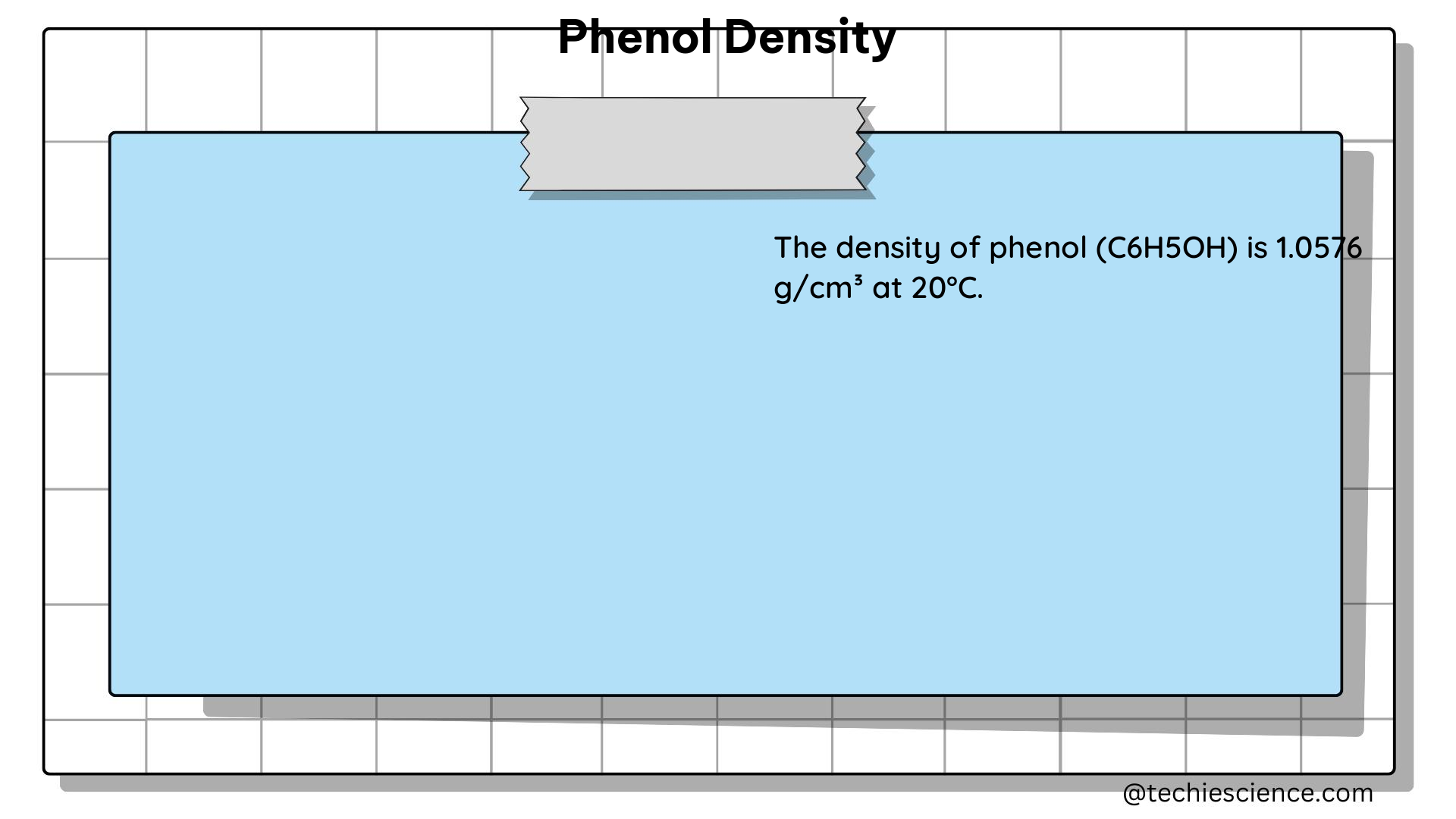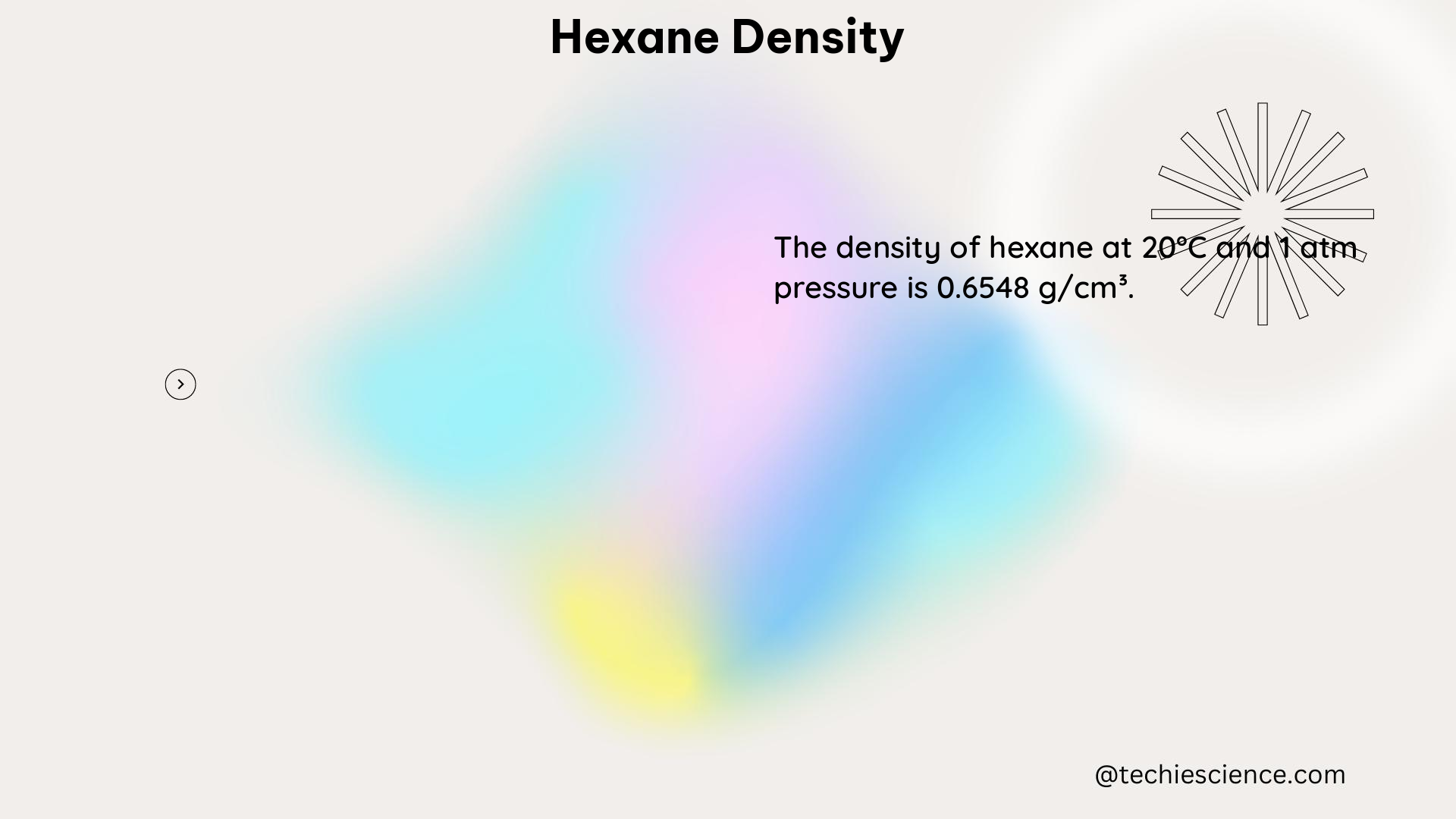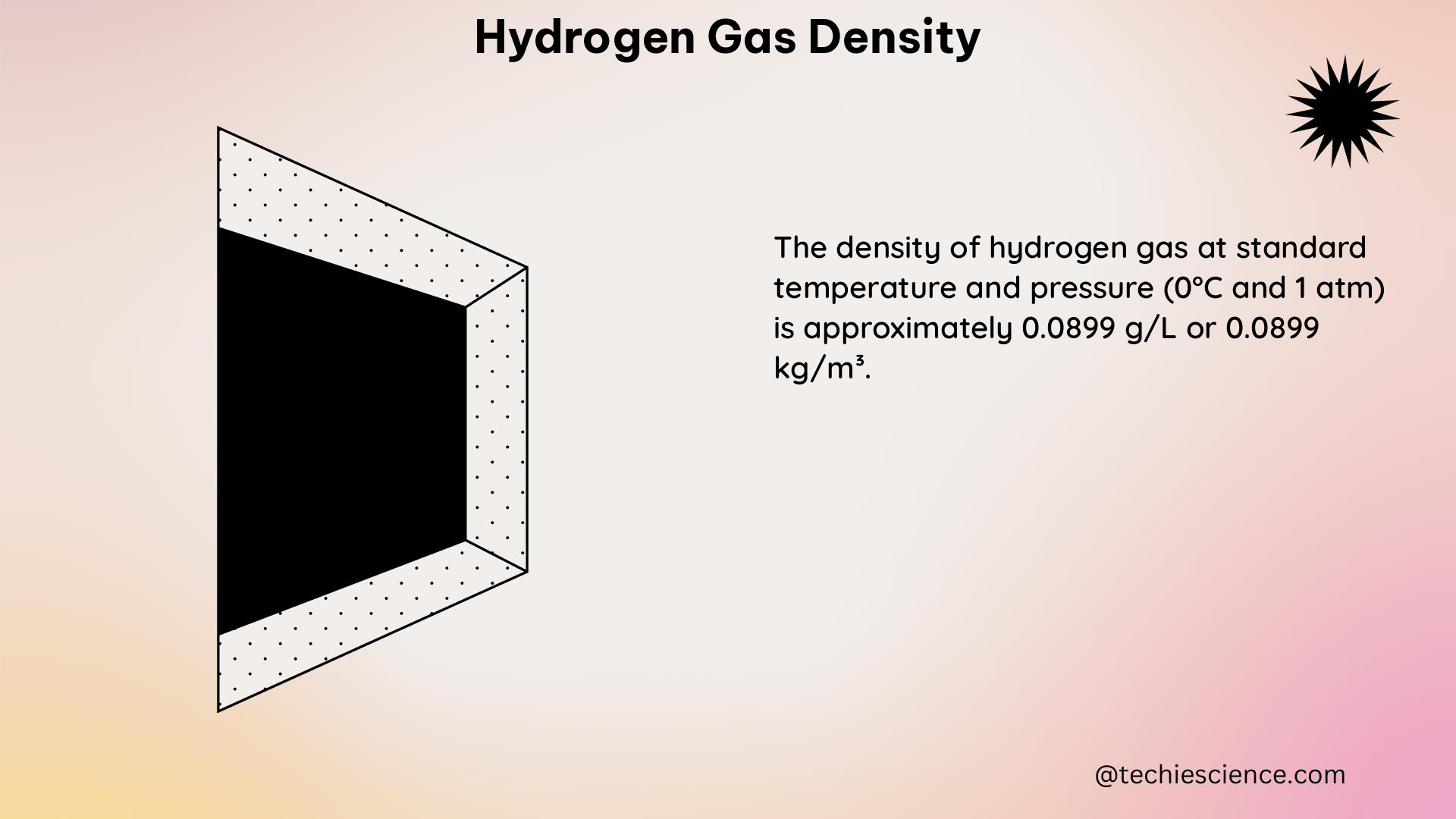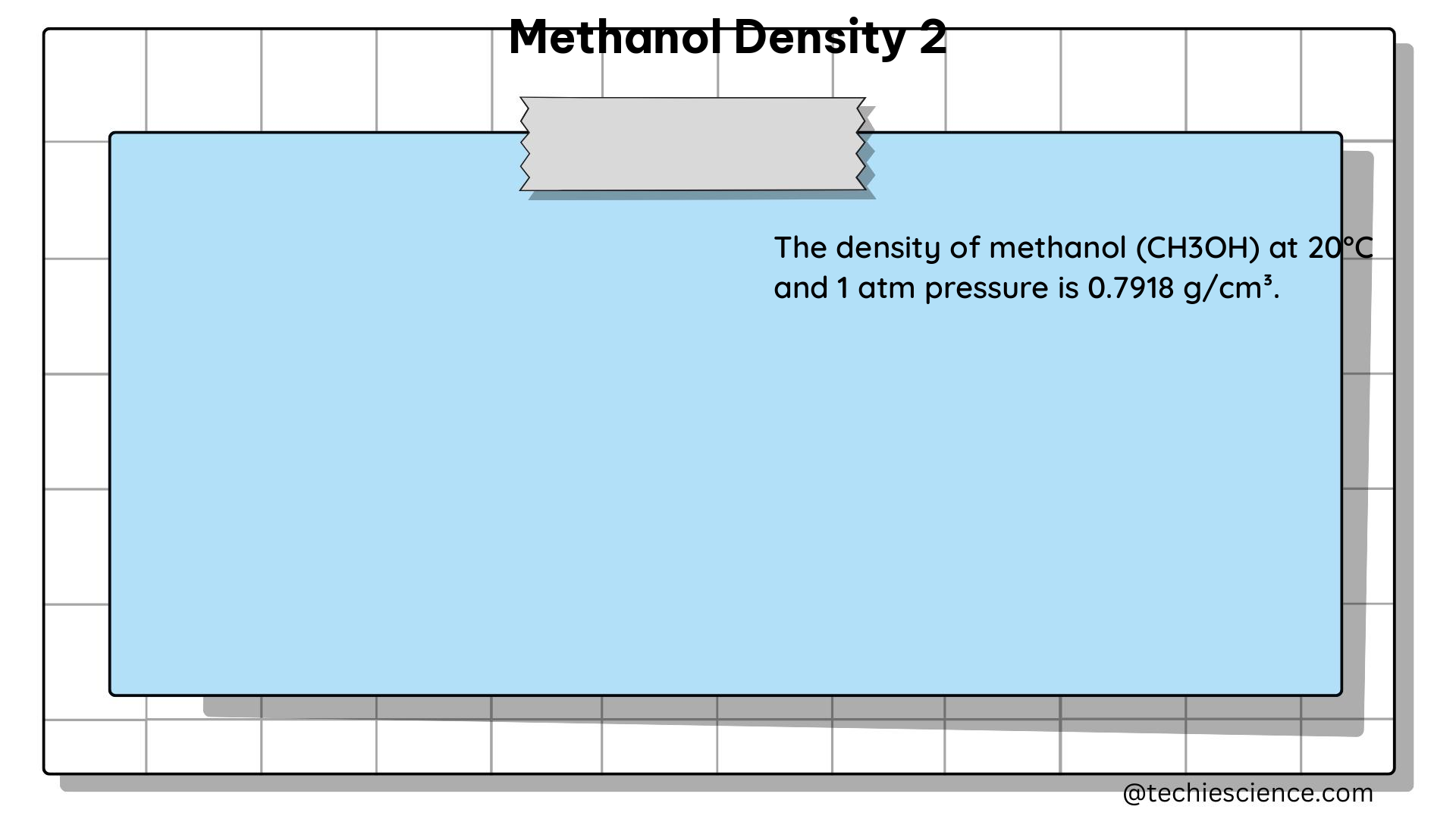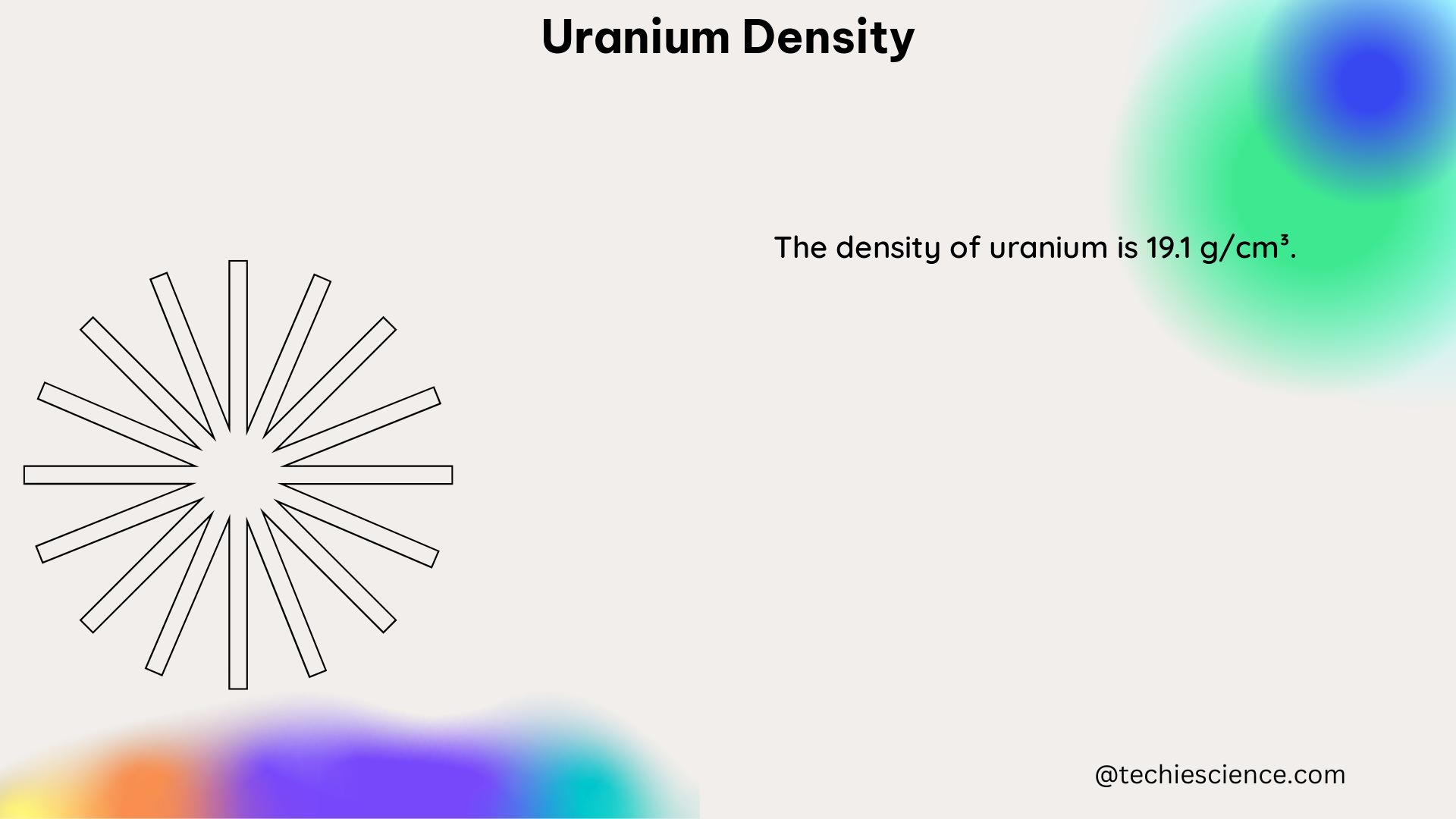A Comprehensive Guide to Plasma Density Measurement: Techniques, Specifications, and Applications
Plasma density is a crucial parameter in plasma physics, as it directly affects the behavior and performance of various plasma-based technologies, such as plasma processing, fusion reactors, and space plasma environments. Accurate measurement of plasma density is essential for understanding and optimizing these systems. In this comprehensive guide, we will delve into the technical details … Read more


